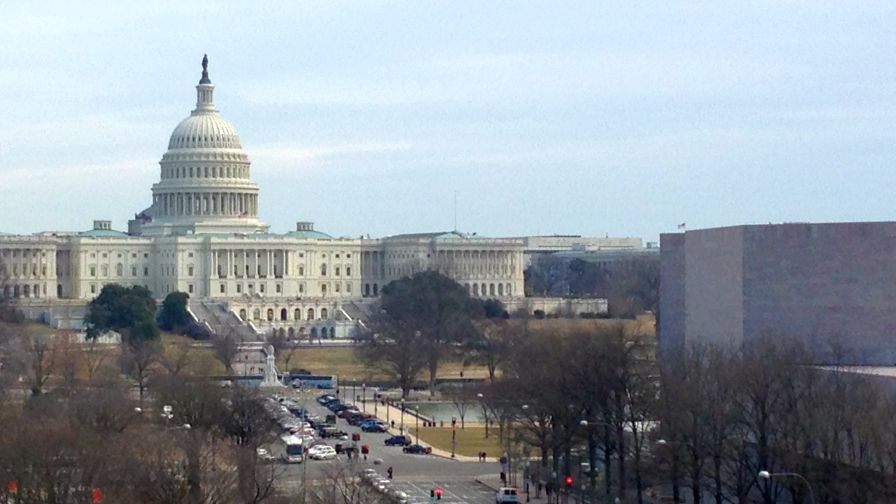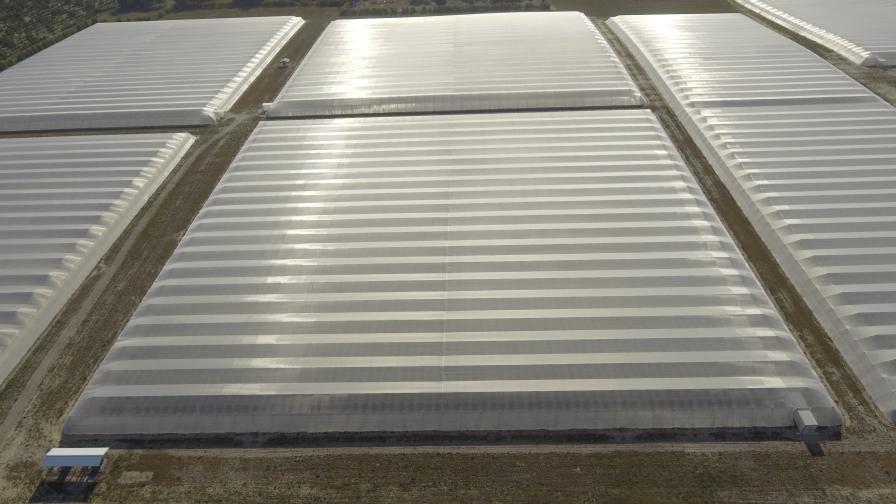What You Need To Know about New Final Rule That Protects Farmworkers
The U.S. Department of Labor has announced a final rule to strengthen protections for farmworkers. The rule, which was first proposed last September, targets vulnerability and abuses experienced by workers under the H-2A program that undermine fair labor standards for all farmworkers in the U.S.
The H-2A program allows employers to hire temporary foreign workers when the department determines there is a lack of able, willing, and qualified U.S. workers to perform the agricultural labor or services, and that employing temporary labor will not adversely affect the wages and working conditions of similarly employed U.S. workers.
The final rule includes the following:
- Adding new protections for worker self-advocacy: The final rule improves workers’ ability to engage in advocacy regarding their working conditions by expanding the range of activities protected by anti-retaliation provisions. For workers not protected by the National Labor Relations Act, this rule protects workers’ choice to engage in self-organization or concerted activities and to decline attending employer-sponsored “captive audience” meetings where employers discourage workers from joining unions or engage in other protected activities. The rule also allows workers to consult key service providers, such as legal service providers, and to meet with them in employer-furnished housing. Workers also may now invite and accept guests, including labor organizations, service providers and others, to their employer-furnished housing.
- Clarifying “for cause” termination: Workers employed under the H-2A program have the right to payment for three-fourths of the hours offered in the work contract, as well as housing and meals until the worker leaves, outbound transportation and — if the worker is a U.S. worker — to be contacted for employment in the next year, unless they are terminated for cause. The final rule clarifies that an employer only terminates a worker for cause when the worker either fails to comply with employer policies or fails to perform job duties satisfactorily after, in most cases, the transparent application of a system of progressive discipline. The rule establishes that for a worker to be terminated for cause, five conditions must be met, including a requirement that workers are either informed about or reasonably should have known the policy, rule or performance expectation unless the worker has engaged in egregious misconduct.
- Making foreign labor recruitment more transparent: The final rule imposes new disclosure requirements to improve foreign worker recruitment chain transparency, provides additional information about the nature of the job opportunity and bolsters the department’s ability to protect workers from exploitation and abuse. The new provisions require employers to provide a copy of all agreements with any agent or recruiter they engage or plan to engage, disclose the name and location of any person or entity working for the recruiter who will solicit prospective H-2A workers and disclose in the H-2A application the name, location and contact information of the workplace’s owners, operators and managers.
- Ensuring timely wage changes for H-2A workers, which helps prevent an adverse effect on the wages of similarly employed workers in the U.S.: Returning to longstanding practice, the final rule designates the effective date of updated adverse effect wage rates as of the date of publication in the Federal Register. This change safeguards fair compensation for workers under the H-2A program and addresses potential adverse effects on the wages and working conditions of similarly employed workers in the U.S. The rule would also require employers who fail to provide adequate notice to workers of a delay in their start date to pay workers the applicable rate for each day that work is delayed for up to 14 days.
- Improving transportation safety: Many H-2A workers travel in vans or buses, sometimes driven after long days by tired workers. The final rule includes a seat belt requirement to reduce the hazards associated with the transportation of farmworkers. If a vehicle is required by Department of Transportation regulations to be manufactured with seat belts, the final rule prohibits the operation of these vehicles to transport workers under the H-2A program unless each occupant is wearing a seat belt.
- Preventing labor exploitation and human trafficking: The final rule clarifies that employers are prohibited from holding or confiscating a worker’s passport, visa or other identification documents, which is a tactic used to exploit workers.
- Ensuring employer accountability: The final rule updates procedures for discontinuing employment services for employers that have failed to meet the Department of Labor’s requirements. Relatedly, the rule requires states to discontinue services to debarred employers. It also streamlines the procedures for applying debarment to a successor who carries forward a debarred company. In addition, the rule codifies how the department determines whether separate entities are acting as one employer for purposes of assessing seasonal or temporary need and how these entities are treated for enforcement purposes.
In response, United Farm Workers Foundation CEO Erica Lomeli Corcoran says these rules announced by the U.S. Department of Labor are a long time in coming. “We have long called for systemic reforms to the H-2A program,” she says. “These regulations address fundamental injustices and will help to prevent persistent abuses within the program. This is an encouraging step in addressing vital issues within our agricultural labor system. We hope to continue working with the administration to bring about further changes.”
The final rule is effective on June 28, 2024.
For more information about the final rule to help protect farmworkers, visit dol.gov.










